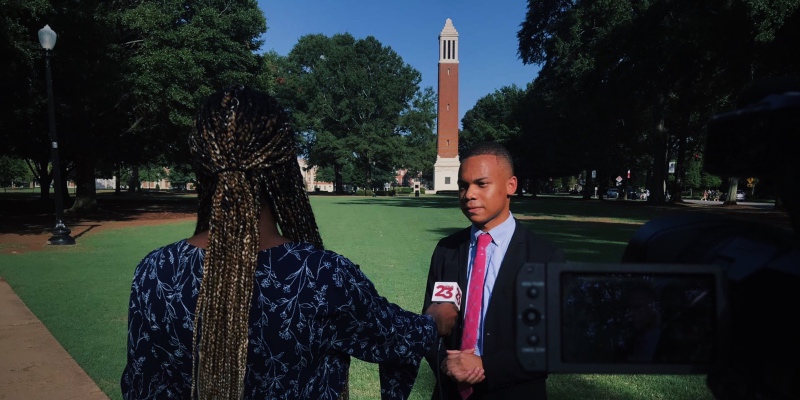This year has been filled with challenges for all of us. Ever since the U.S. was struck by an unprecedented pandemic, we have dealt with a sputtering economy, and more recently Alabama and other states near the Gulf have been hammered by coastal storms. These challenges have each forced us to be flexible and adapt to very different day-to-day lives than the ones we had grown used to.
Much like we have been finding ways to work through this crisis, so have our Census workers who have diligently worked this year to carry out their Constitutional duty to perform the once-a-decade count of American citizens. However, even with all the logistical challenges presented by the ongoing pandemic and the raging storms, Census workers recently concluded their initial count on a condensed timeline after a Supreme Court ruling determining the count could be stopped early. Now, they only have until the end of the year to formally report their findings – just two and half months, where in a normal year they would be given five.
That brief window for reporting data just is not enough. The pandemic and recent storms made it incredibly difficult for Census workers to carry out the follow-up process with those who did not self-report for the Census. Given that in-person follow-up is hard to do in the current situation, a lot of follow-up responses were compiled using dated records from government sources, or even second-hand interviews with neighbors or landlords. Without time to verify that information is accurate, Alabama could be in trouble.
In Alabama, more than 36% of all of our Census responses came through these Nonresponse Followup processes. With such a high volume of responses coming this way, a two-and-a-half-month window could very well mean that we get an inaccurate Census count that underestimates how many people live in our state, with those living in more difficult-to-reach rural areas at a particular risk of being undercounted.
The effects of this would be felt both immediately and over the entire course of the next 10 years. Pandemic relief aid that has been discussed in Congress will almost certainly be distributed by the results of this year’s Census, meaning that if we are undercounted, we will have an even more difficult time of fully recovering from the damage this year brought with it.
Other government funding is tied to the Census count, as well. Right now, research estimates that Alabama could lose just shy of $40 million every single year in education, healthcare and jobs programs funding if we are undercounted by just 1%. Those are our tax dollars, but instead of coming back home to help Alabamians, it will be sent off to other states that have more accurate Census counts.
Of course, it goes well beyond just those types of programs. Some estimates show Alabama received more than $13 billion in 2016 alone because of the results of the 2010 Census. That funding went to all sorts of critical programs, like nearly $800 million for highway construction, $18.5 million for business loans, $62 million for vocational training, $111 million for rural electric loans, and so much more. That is money our state needs, and hardworking Alabamians will be the ones left out to dry if it ends up getting funneled to other states instead.
Our tax dollars are not the only thing that could be sent off to other states with a more accurate count, either. Our congressional seats may soon follow as well, given that the number of seats each state has in the House of Representatives is determined by the Census. Instead of staying where they belong so that people who live in rural states can be properly represented, those seats will be going to bigger liberal states that did not have to rely as extensively on Nonresponse Followup.
Perhaps now more than ever, we need Alabama’s voices in Washington to speak up and ensure our state is not held back by an inaccurate Census count. Senator Richard Shelby must join efforts currently underway to delay the Census reporting deadline so we can rest easy knowing Alabama will get a fair shake once all of the Census processes are said and done.
People across the U.S., especially those of us here in Alabama, have faced some tough challenges this year. Through it all, we have persevered and remained adaptable. Now, we need our lawmakers in Washington to follow suit and recognize that the timeline Census officials have been given to complete their work is not enough, and allow them more time to report their results. The Census directly affects us all, and we only get a chance to do it right once each decade.
CJ Pearson is a freshman at The University of Alabama and president of the Free Thinker Project













